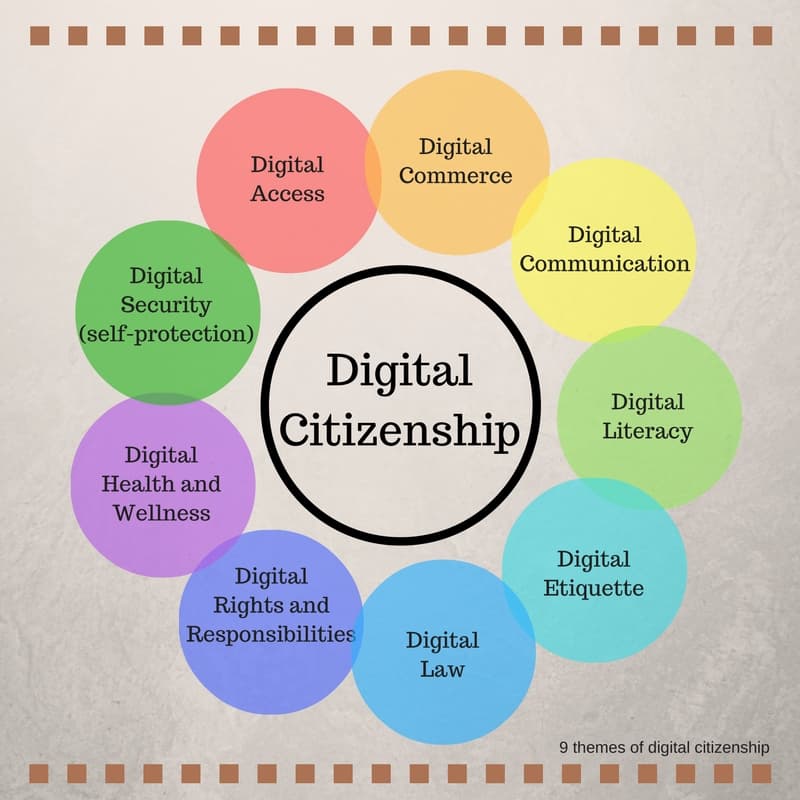Exploring the Abstract Realm of Online Identity: "Every Poaster is Spiritually Indian"

A recent social media post by user "ib" has sparked discussion within online communities, asserting that "Every poaster is spiritually Indian." This abstract declaration, shared on a popular platform, highlights the evolving and often philosophical nature of identity formation and cultural affiliation within digital spaces. The statement, while not a conventional news item, prompts reflection on the shared experiences and perceived connections among individuals participating in online discourse.
The term "poaster," a colloquialism for "poster" or an individual who frequently contributes content online, underscores the central role of content creation in shaping digital identities. In the fluid landscape of the internet, individuals curate personas through their posts, comments, and interactions, often transcending traditional geographical or cultural boundaries. This constant act of self-representation contributes to a collective digital consciousness.
Sociological studies on digital culture emphasize how online communities foster a sense of belonging and shared identity, even in the absence of physical proximity. As noted in research on digital identity, individuals construct and express aspects of themselves online, leading to new forms of community and connection. The tweet's assertion of a "spiritual" link suggests a deeper, perhaps unconscious, commonality among those who engage in this digital act of "posting."
This sentiment resonates with broader discussions about the impact of the digital revolution on culture and communication, where traditional notions of community are expanded to include virtual spaces united by shared interests and identities. Platforms enable a blending of cultural values and practices, fostering a sense of collective experience that can feel profound. Such statements, though unconventional, serve as cultural markers of the ongoing evolution of human connection in the digital age.